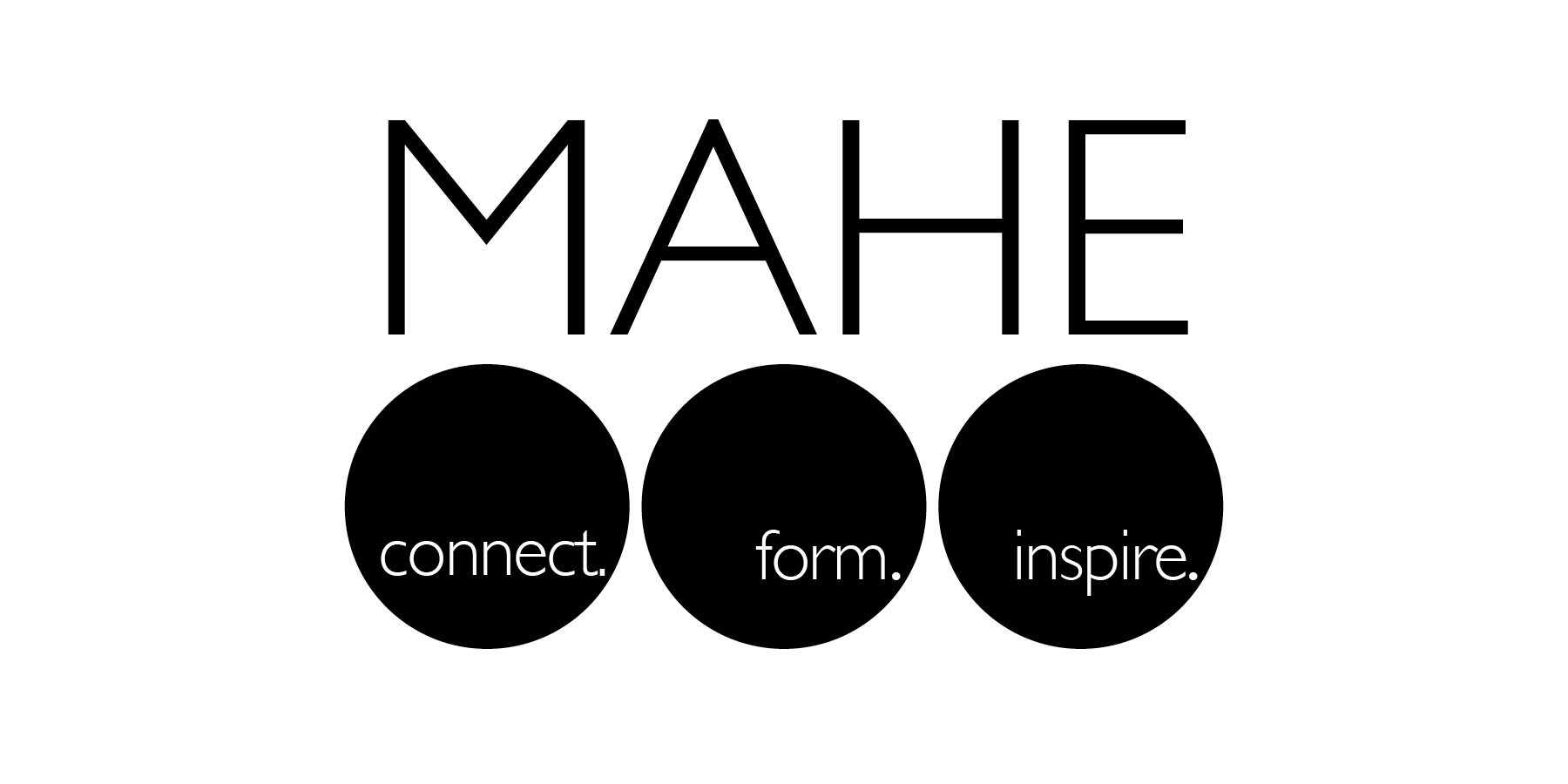Master of Arts in Higher Education (MAHE) Theses
Date of Award
2019
Document Type
Thesis
Degree Name
Master of Arts (MA)
First Advisor
Drew Moser
Second Advisor
Tim Herrmann
Third Advisor
Julia Hurlow
Abstract
The Enneagram is a personality typing tool that has existed for thousands of years yet recently has gained popularity within higher education. The purpose of the study was to develop an understanding of the relationship between a college student’s dominant Enneagram type and a student leader’s self-authorship development. The study implemented a qualitative, phenomenological design through the use of both individual interviews and focus group settings. The interview protocol was adapted from the four phases of self-authorship development, as explained by Baxter Magolda. The interview settings were organized by dominant Enneagram type of student leaders, which allowed the participants to discuss and express the relationship between the Enneagram and self-authorship development alongside others with the same personality type. Qualitative data revealed three themes consistent across each interview setting: emotional intelligence, sense of purpose, and reflection. The data also revealed a type-specific observation unique to each interview setting and dominant Enneagram type. These findings serve as a basis for the implications discussed in how to use knowledge of specific personality types within self-authorship development.
Recommended Citation
DeLay, Shelby, ""I Don't Have to Fit What I Thought a Leader Was, It Can Be So Many Things": The Relationship Between the Enneagram and Self-Authorship Development of Student Leaders" (2019). Master of Arts in Higher Education (MAHE) Theses. 139.
https://pillars.taylor.edu/mahe/139


